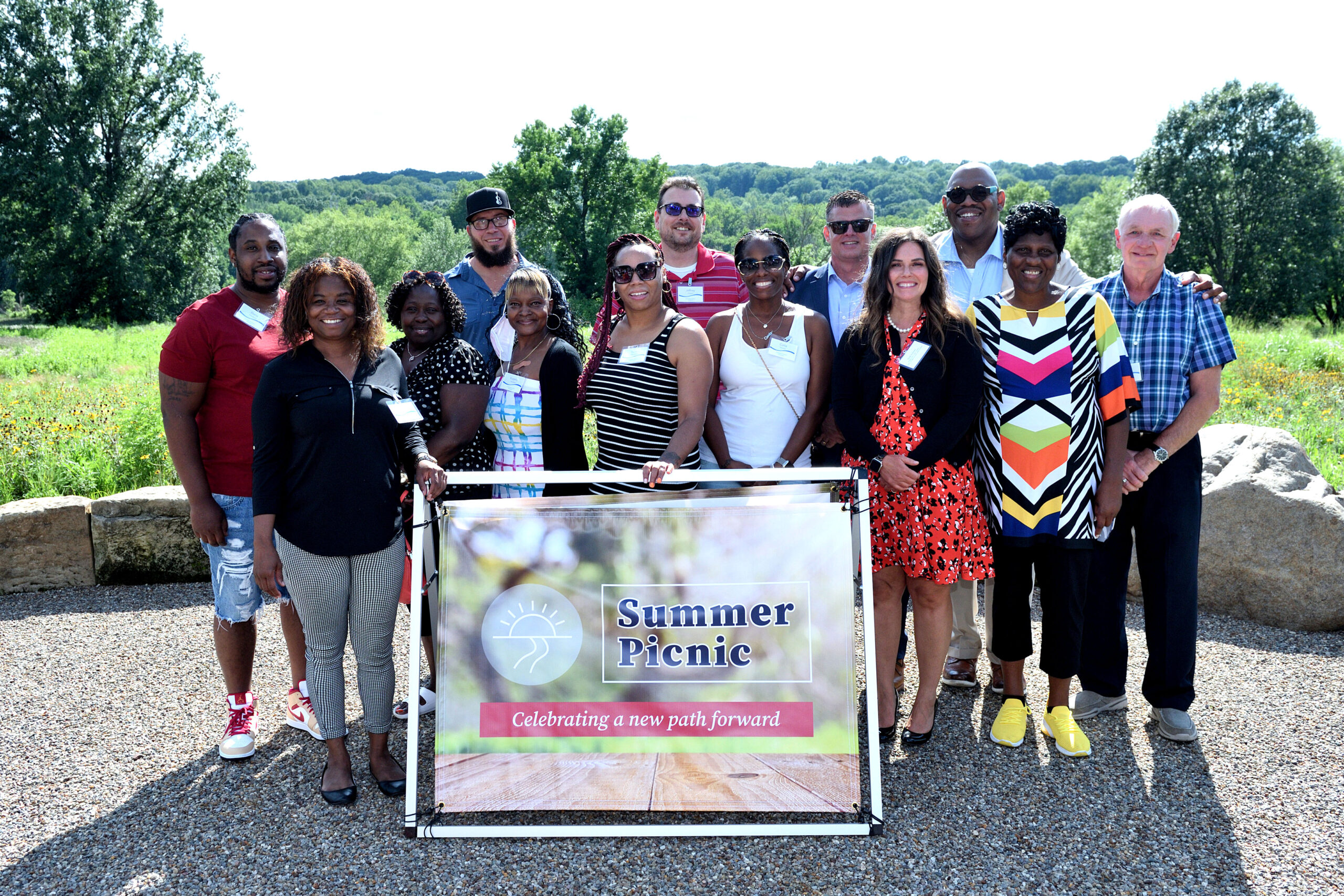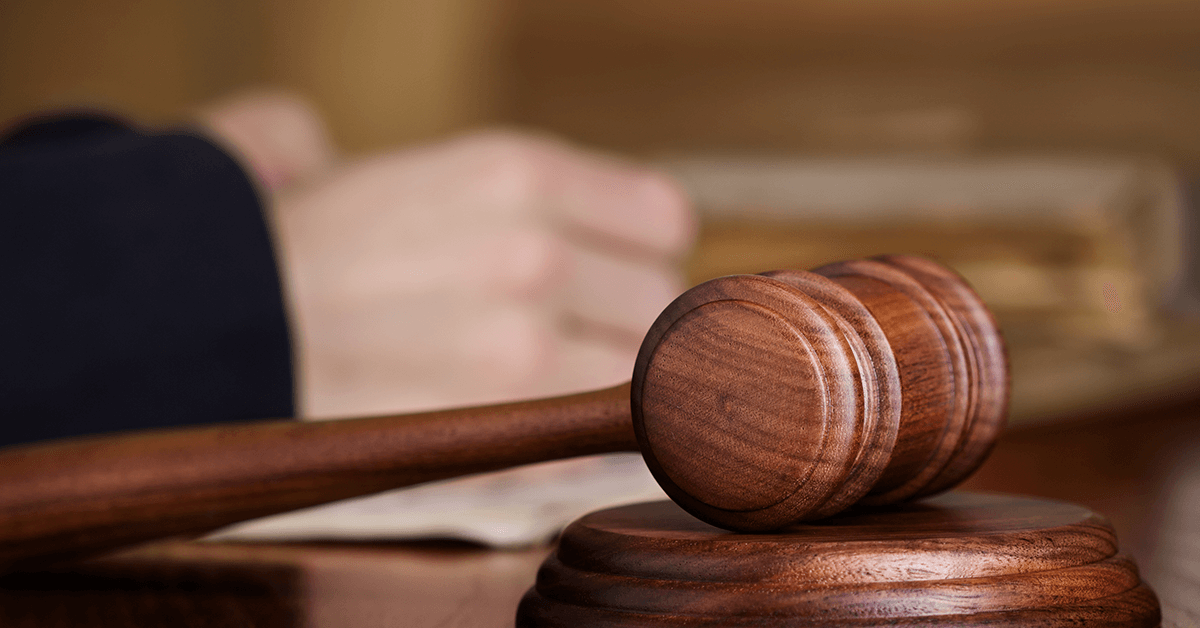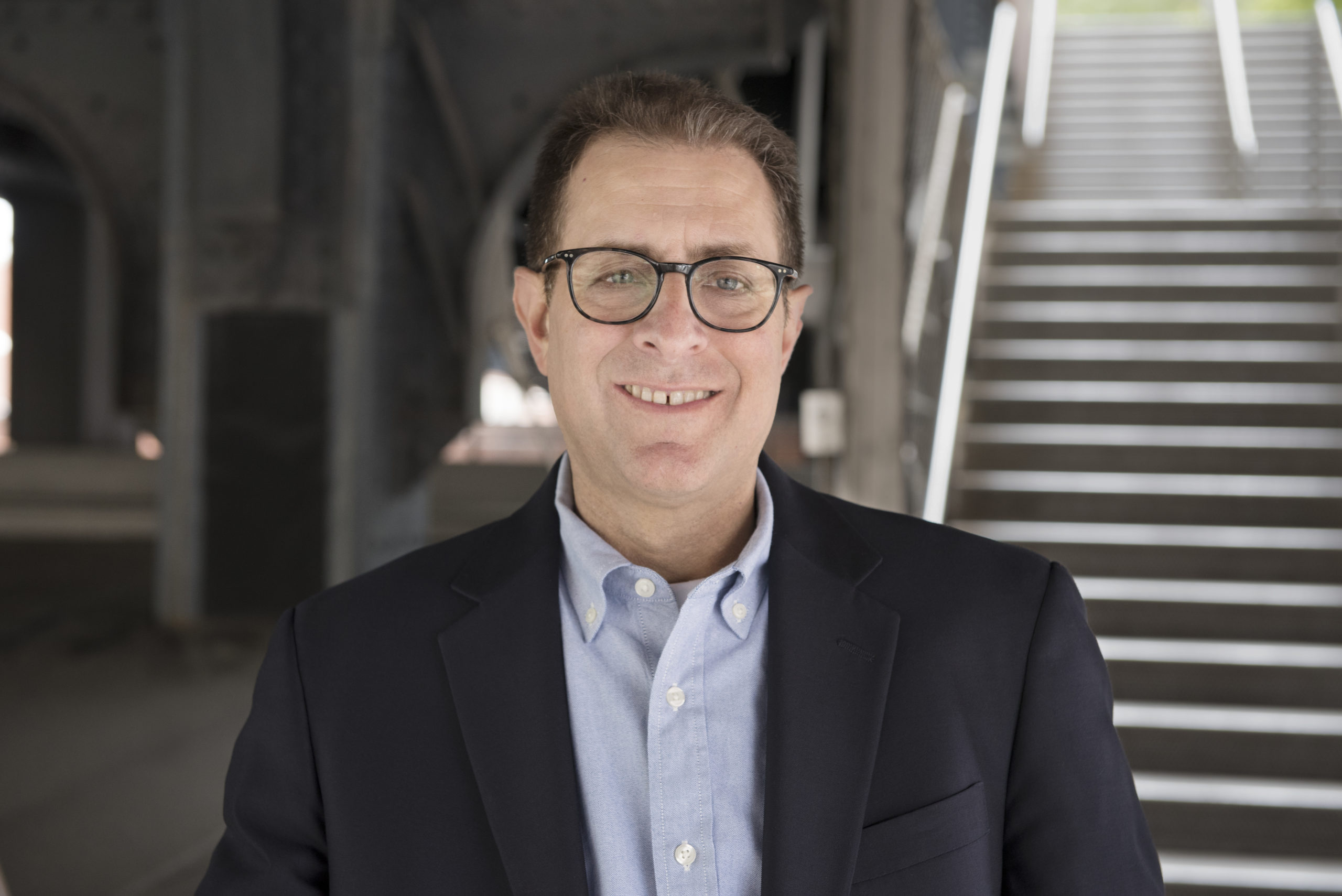Erik Luna’s passion for criminal justice reform was ignited as a teenager during the height of America’s “war on drugs.” Growing up in the 1980s in a sleepy surfing community in San Diego, California, Luna noted that people in his white middle-class neighborhood seemed to peddle and consume drugs with little fear of punishment. Yet in southern California’s poorer, mostly minority communities, drug busts and incarceration were far more common. “At an early age I knew there was something terribly wrong about all of this,” says Luna.
Luna went on to Stanford Law School, worked as a prosecutor in his hometown, and then turned to academia. Now 47, Luna serves as the Amelia D. Lewis Professor of Constitutional and Criminal Law at the Sandra Day O’Connor College of Law at Arizona State University. Searching for ways to better understand criminal justice issues and improve the American system, he has studied both at home and abroad, as a Fulbright scholar in New Zealand and the United Kingdom as well as a visiting scholar in Germany and in the Netherlands.
Investigating rising rates of law enforcement interventions, especially incarceration, made him wonder: Can America change its apparent affinity for punishment? Or is it a new and indelible part of U.S. criminal justice?
“It’s stunning when you think about it,” Luna says. “Within a few decades, caging people became part of our national identity.”
To help inform the ongoing debate about the system and its reform, Luna founded the ASU law school’s new Academy for Justice, which brings together criminal justice scholars to form a world-class platform for academic research. Supported by a $6.5 million grant from the Charles Koch Foundation, the academy’s goal is to ensure that those who create and enforce criminal justice policy draw on the best research in the field. In addition to publishing user-friendly scholarship, the academy will host conferences and workshops that connect scholars with think-tank experts, reformers, and policymakers, and create educational programs on the criminal justice system.
The idea for the academy came after Luna attended the Charles Koch Institute’s national summit on criminal justice reform in November 2015. “The summit was one of the first opportunities I had to interact directly with the luminaries of criminal justice reform,” says Luna, the academy’s director. In his discussions, he quickly realized that academic research was rarely reaching those working in the field. “Our work tends to be buried in the bowels of university libraries or hidden behind internet pay walls, rather than going directly into the hands of people who could actually use it in the real world,” he says.
To change that, Luna brought together more than 100 criminal justice scholars. In October 2017, the group published Reforming Criminal Justice, a four-volume report available free online that covers criminalization, policing, pretrial and trial processes, punishment, incarceration, and release. The report explains the reasons reform is needed in each area and offers possible solutions. In the few months since its release, the report has been distributed to reformers and policymakers, featured at conferences, discussed in the mass media, and cited in briefs before the U.S. Supreme Court. “The four volume collection has already had a real impact,” says Brandon Garrett, the L. Neil Williams Professor of Law at Duke University, who has assigned multiple pieces from the report to his law students. “And it will continue to influence criminal justice policy debates for years to come.”
To further expand the alliance’s reach, Luna submitted a proposal to the Charles Koch Foundation in early 2018. With the funding now in place, Luna is busy implementing his plans and believes there is a growing national desire for change. “Recent bipartisan support for reform efforts suggests political interest,” he says, “and at least some political will.”











